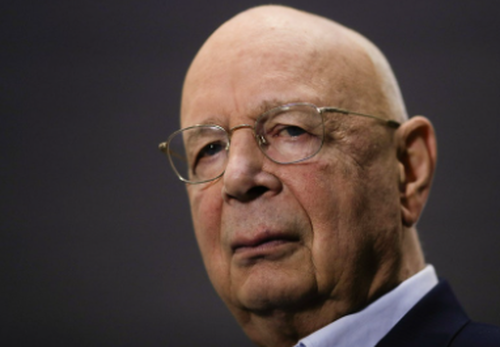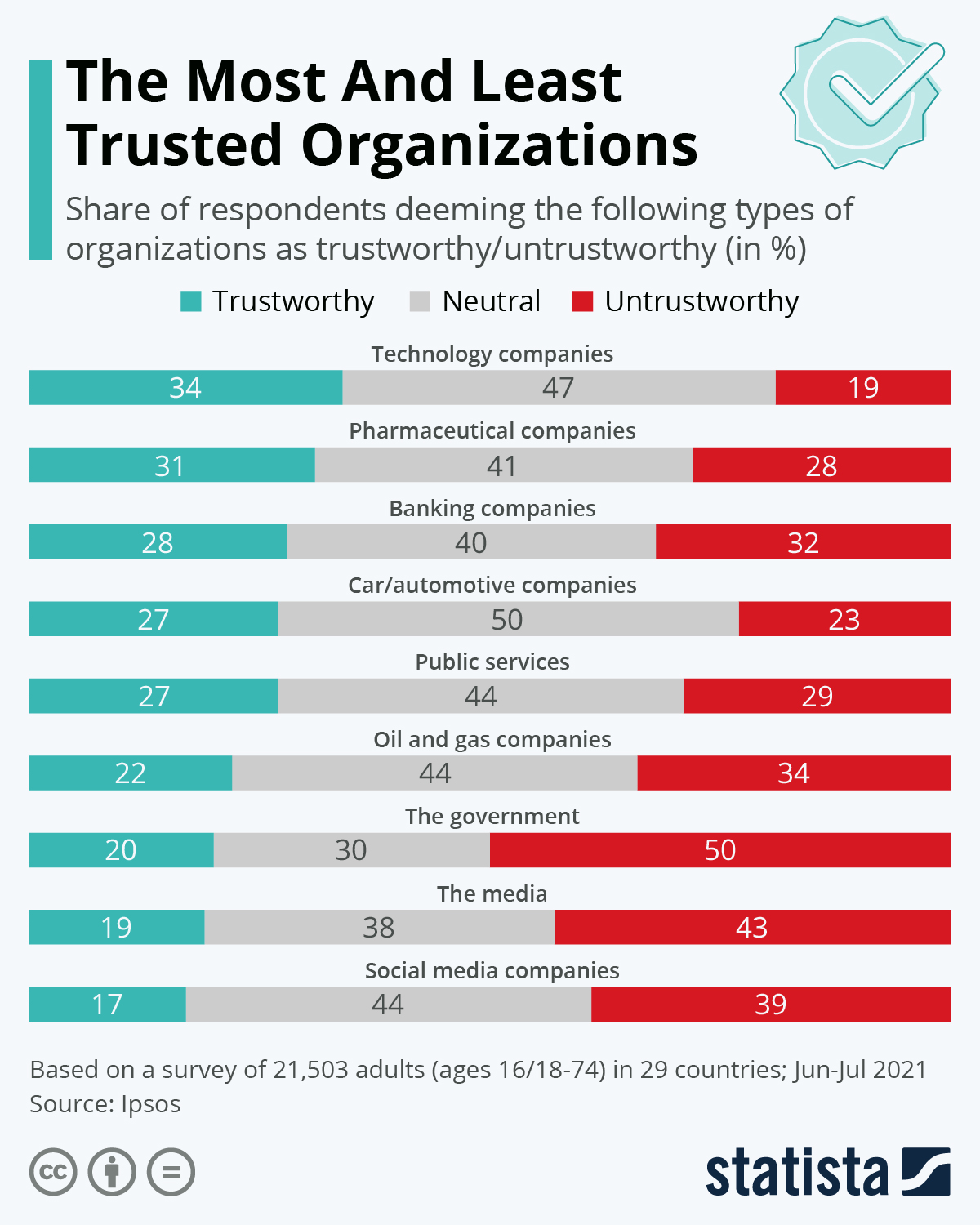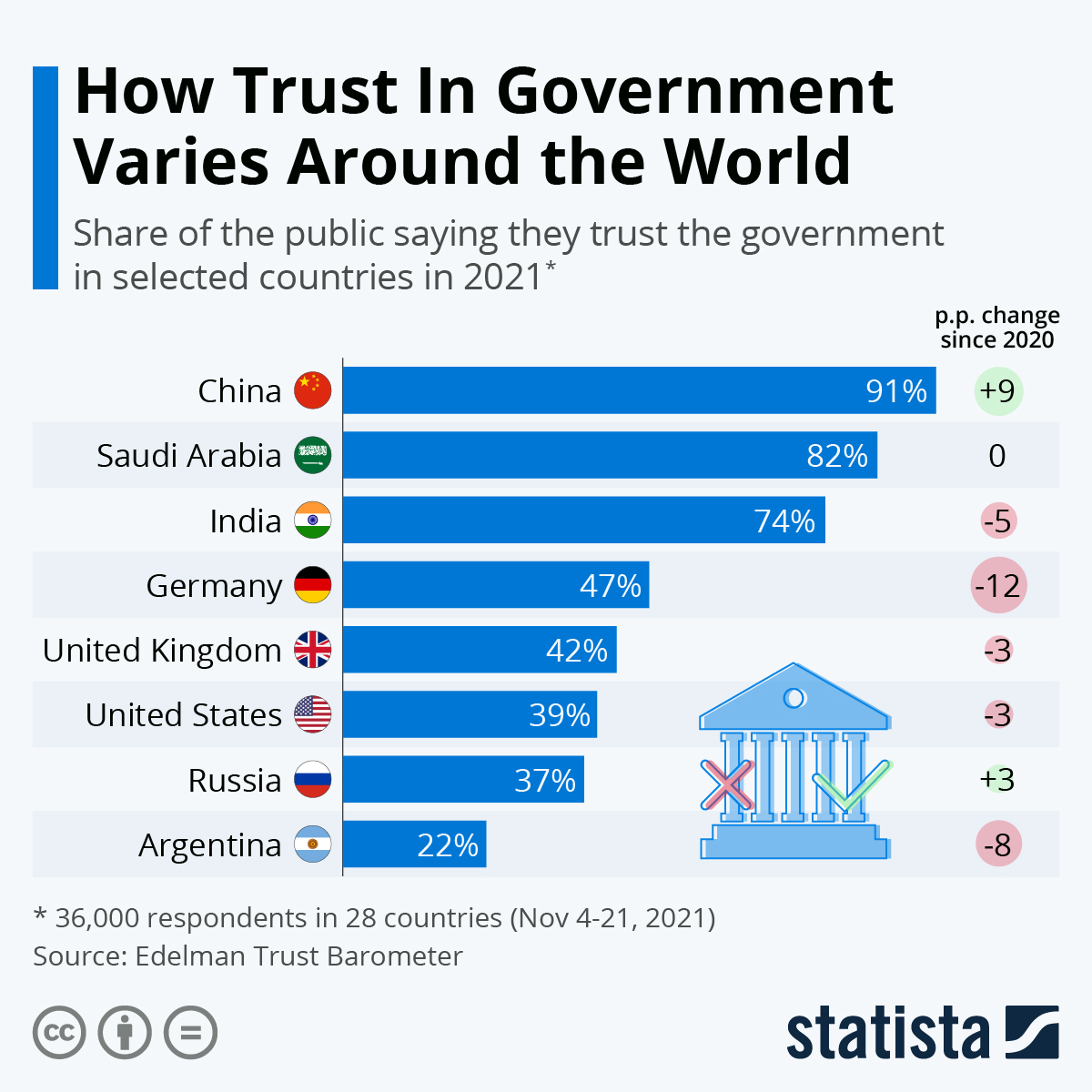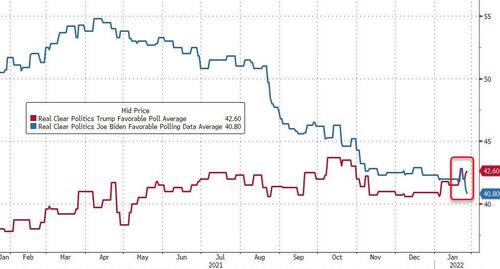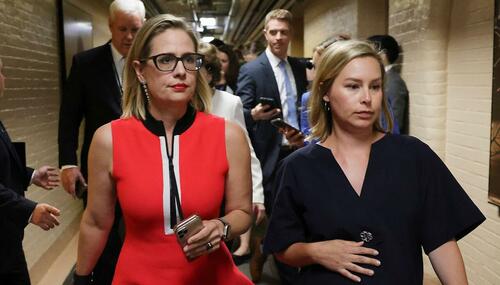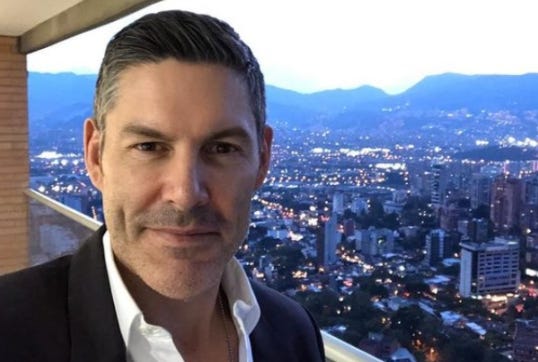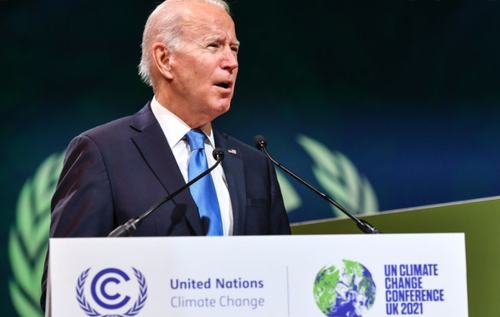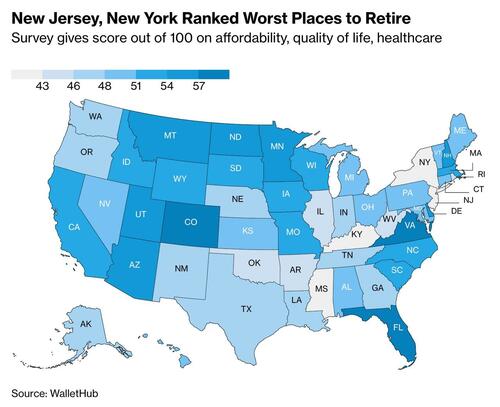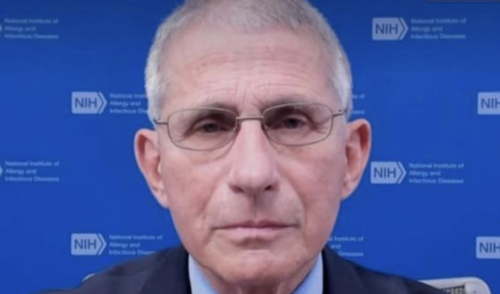Waking Up And Derailing The Great Reset
Submitted by QTR’s Fringe Finance
This week, I had to opportunity to speak to one of my all time favorite podcasters, Tom Bodrovics from Palisades Gold Radio about my arguments from my latest article on inflation, called “Inflation Is The Kryptonite That Will End Our Decades-Long Monetary Policy Ponzi Scheme”.
The Age Of Censorship
First, on the podcast, I talk about how we live in an age where narratives can’t be questioned without you being considered a conspiracy theorist and how Substack is filling an important free market demand for uncensored content. I first touched on this when I started writing on Substack back in August of 2021 in this article called “Ending Social Media Censorship And The Meteoric Rise of Substack”.
On the podcast, I also point out that there are two narrative shifts occurring right now: Covid and inflation.
Inflation Marks An Impasse For the Fed
Regarding inflation, the Fed is at a fork in the road between popping the stock market bubble or allowing persistent inflation to brutalize the middle and lower class (or, as Jerome Powell put it this week, ‘some people are prone to suffer more’).
I tell Tom that the Fed is trapped, and unlike in the past, they don’t have a viable way out. In the past they were able to avoid inflation and the Fed was able to pretend to successfully engineer the appearance of monetary prosperity, I told Tom. Now, there is no way for the average person to ignore Fed policy with high inflation. The Fed is running out of excuses and room to wiggle.
“The Fed’s feet are being held to the fire in a way that has never occurred before…politicians aren’t going to be able to overpromise anymore, as reality takes hold. Inflation is now the number one political issue in the country,” I tell Tom.
I also tell Tom that crypto has brought financial understanding to a new generation who want to understand monetary policy. Despite my criticisms of crypto, namely that (1) many of its advocates are charlatans, (2) it is most certainly a risk asset and (3) we can never be certain a cataclysm in crypto won’t occur, it is helping a younger generation quickly understand the flawed nature of our existing system.
This, in turn, is a huge problem for the Fed because the new generation understands the Central Banking ponzi scheme.
A Hyperinflationary Mindset Is Right Around The Corner
I also tell Tom that we’re not far from a hyperinflationary mindset in the country and that our leaders, who believe they can micromanage the economy and are stunned when their actions don’t work, are terribly ignorant. I wrote about this months ago when President Biden shut down the nation’s oil pipeline projects and then mulled the high price of gas in the coming months.
Instead, Harris Kupperman in a recent interview with me told me that oil traders “will break the Fed” and will make Jerome Powell “cry uncle”. Kupperman thinks oil prices are going higher and simply cannot be stopped.
The Covid Pivot Is Next, And Beware Of The Great Reset
I also spoke to Tom about why I think capitalism and common sense are going to end vaccine mandates and intrusion into our lives – something I wrote about at length just hours ago.
Finally I talk about Klaus Schwab’s “Great Reset” idea. I note that a large amount of people are seeing the global elite’s future plans for a system that will strip us of civil liberties while enriching central planners. I tell Tom that I don’t believe globalists have a viable way out of the system as it stands today.
This runs hand-in-hand with Part 1 of an interview with George Gammon I did this week, where George reminded us that the global only care about “usurping control”.
The more educated people become to the system, the fewer options will be left for the elite, I tell Tom.
“We’re all just in different stages of waking up.”

If you are still not a Fringe Finance subscriber and would like to read any of the above content – and because I know many of you are coming over from PGR – I’d love to have you on board and can offer you 35% off your first year as a subscriber. This is the steepest discount I can reasonably offer and this coupon only lasts for the next few days: Get 35% off for 1 year
Tyler Durden
Sat, 01/29/2022 – 18:30
via ZeroHedge News https://ift.tt/fJg3uZj51 Tyler Durden


